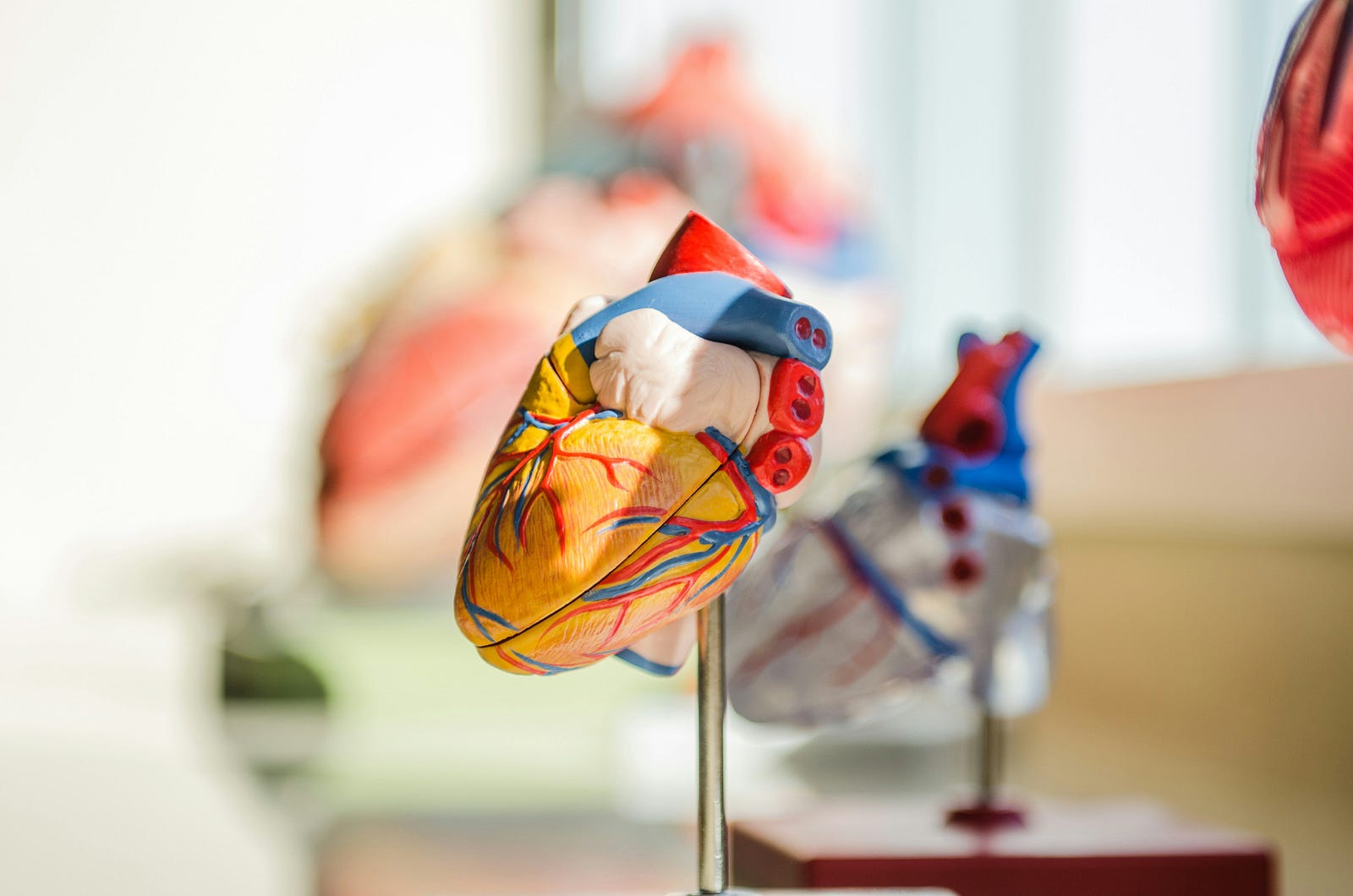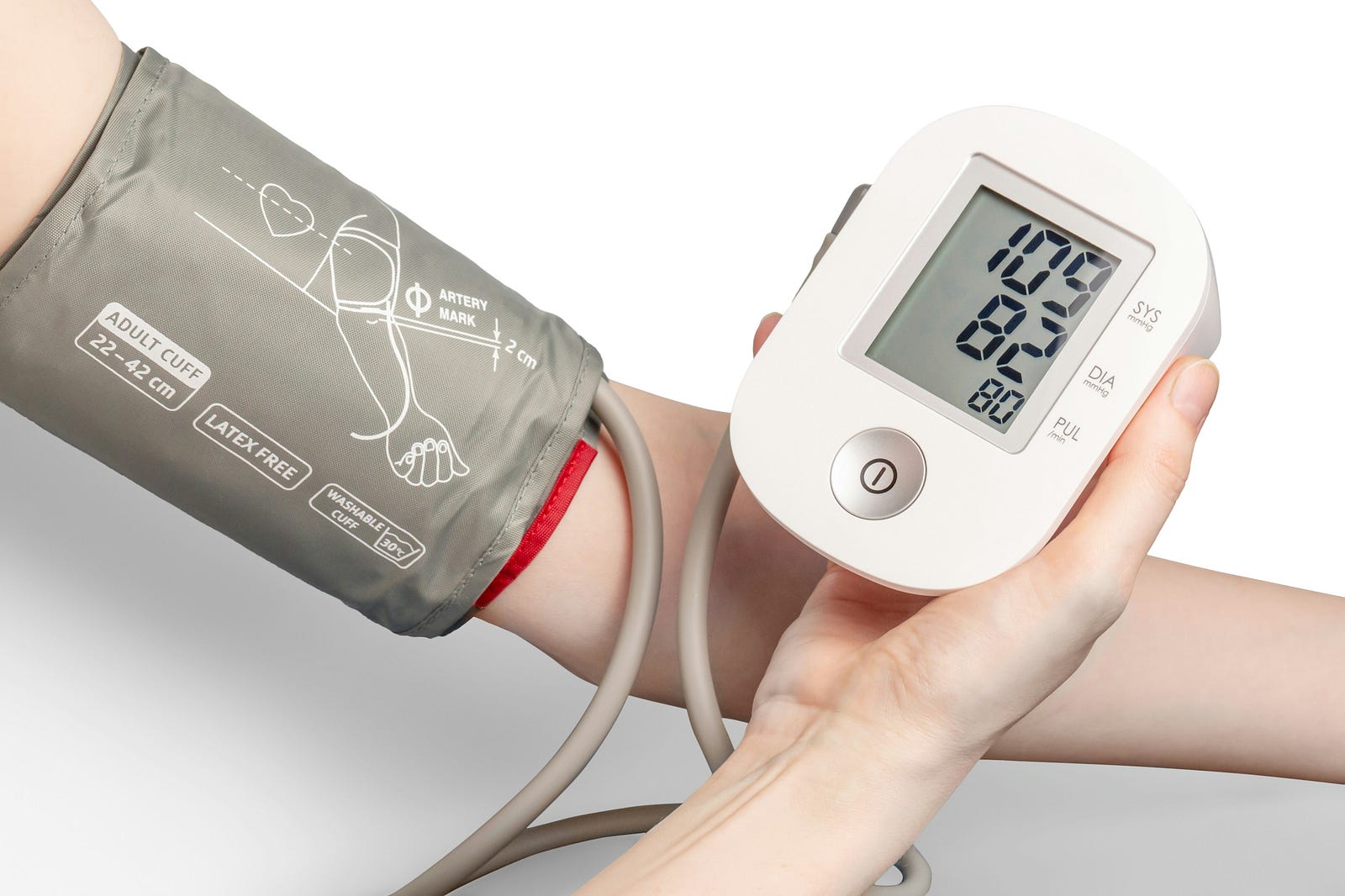Is Your Anger Putting You at Risk for a Heart Attack? What Science Says.
HAVE YOU EVER FELT YOUR HEART POUNDING after a heated argument? Today, we explore anger and your heart.
It turns out that it might not be just a figure of speech.
Science is increasingly suggesting a direct link between anger outbursts and a heightened risk of heart attack.
In this essay, I’ll dive into the latest research, exploring the why behind this connection.

We’ll crack open the science behind anger and heart health, examining how a surge of rage can impact your cardiovascular system.
So, take a deep breath and join me as we explore whether keeping your cool is a matter of life and heart.
Background
In other words, a sudden burst of anger might not be so good for your ticker.
A multi-institutional American research team is digging deeper to understand why this happens.
A New Study
A new study explores the immediate effects of anger, anxiety, and sadness on the health of cells lining our blood vessels (endothelial cells).

The researchers specifically picked healthy people for the study. Why? Because they wanted to isolate the effect of anger.
If they included people with existing health problems like diabetes, it would be hard to tell if their blood vessel issues were caused by anger or their chronic conditions.
They wanted to see how anger affects healthy blood vessels on its own.
Study Findings
Publishing in the Journal of the American Heart Association, the team should this:
Anger impairs heart blood vessel function.

The new findings shed light on why getting mad might not be good for you, suggesting that anger outbursts could damage your heart by messing with how your blood vessels work.
Study Details
Getting angry might affect your heart. Here’s the key takeaway:
- Angry Blood Vessels: When people in the study got mad, their blood vessels weren’t able to widen (dilate) as well as when they were calm. This lack of dilation wasn’t the case for people who felt sad or anxious.
Here is why I think that matters:
- Healthy Blood Flow: Blood vessels widen and narrow, controlling how much blood gets to different body parts. When they can’t widen properly, it can be a sign of trouble down the line.
- Atherosclerosis is the build-up of plaque (fatty deposits) in your arteries, making them stiff and narrow. This change can lead to serious health problems like heart disease, stroke, and kidney issues.
The study found no damage to the cells lining the blood vessels.
The problem is specifically with how well the vessels dilate when someone is angry.
What’s The Big Deal?
Imagine your arteries are like water pipes carrying blood throughout your body. Normally, these pipes can widen (dilate) to let more blood flow when needed.
The problem with atherosclerosis is that fatty stuff, like cholesterol, builds up on the inside walls of these pipes, like gunk in old plumbing. This gunk, called plaque, makes the pipes stiff and narrow. This stiffness makes it harder for the pipes to widen properly, reducing blood flow.
Less blood flow can lead to big problems down the road. It can cause:
- Coronary heart disease is like a blockage in the pipes that supply blood to your heart muscle.
- Heart attack: This happens when a clot completely blocks a pipe to your heart, cutting off blood flow and damaging the heart muscle.
- Stroke: This is similar to a heart attack, but the blockage happens in the brain, cutting off blood flow and damaging brain tissue.
- Kidney problems: Narrowing the pipes to the kidneys can affect the kidneys’ ability to work.
So, the inability of your blood vessels to widen up as much as they should is an early warning sign that this plaque build-up might be happening.
My Take – Anger and Your Heart
This new study sheds light on the connection between anger and heart health, but there’s more to uncover:
- Doctors Can Now Emphasize Anger Management: This research can help me encourage my patients with heart disease and anger issues to manage their anger. Techniques like yoga, exercise, and therapy can be especially valuable.

Why Are Anger and Heart Events Linked?
While the exact cause remains under investigation, the study offers a biological explanation.
Anger might harm blood vessel health by raising blood pressure and affecting how well blood vessels widen (dilate).
This impaired blood flow could be a risk factor for heart problems.
- More Research Needed: This is just the beginning. Scientists need to understand the exact mechanism behind anger’s effect on blood vessels.
- Broadening the Scope: Future studies should involve people with existing heart disease and diabetes and those from diverse backgrounds.
This research suggests a connection between anger and heart health, but it’s not the whole story.
Future studies will help us understand this link better and develop strategies to manage anger for a healthier heart.
Feeling the Burn? Cool Down With These Techniques
Here are some of my favorite anger management tools:
- Acknowledge Your Anger: Admit to yourself, “I’m feeling really angry right now.” Don’t dwell on the reasons. Just accept the feeling. This technique moves thoughts from my primitive brain to thinking parts.
- Take a Break: Remove yourself from the situation. Go for a walk, head to another room, or log off if it’s online.
- Ground Yourself in the Present: Focus on your senses. Name five things you see, four things you can touch, three things you hear, two things you smell, and one thing you taste.

- Deep Breathe: Take slow, deep breaths, inhaling through your nose and exhaling through your mouth. Try counting while you breathe.
- Find Your Fidget Fix: Keep a small object like a marble, fidget toy, or calming fabric to hold and focus on when you’re angry.
- Be Your Own Coach: Keep reminders on your phone with tips for managing anger when it strikes.
Do you have a go-to method to deal with anger?
Thank you for reading “Is Your Anger Putting You at Risk for a Heart Attack? What Science Says.”




